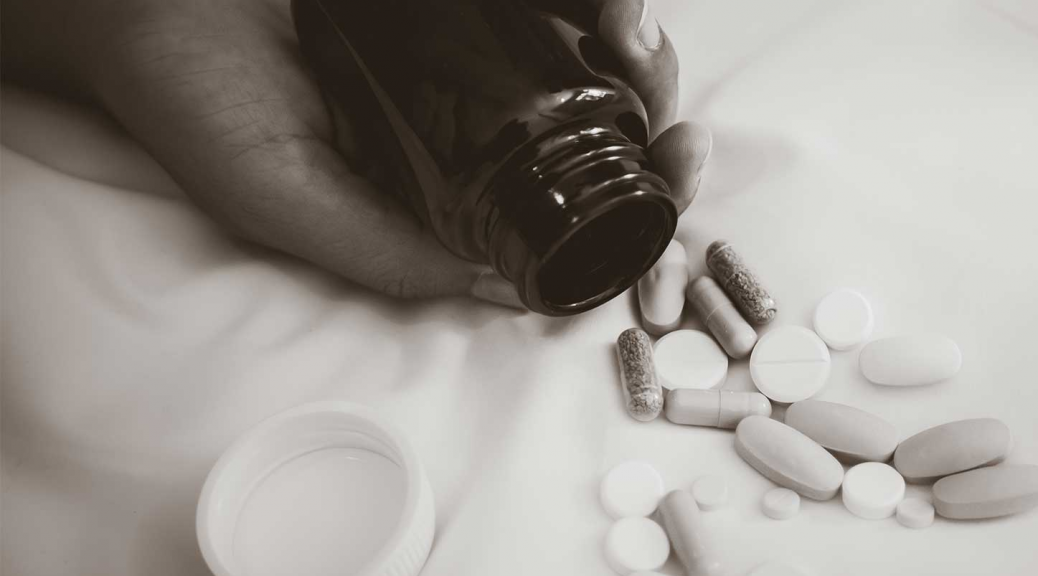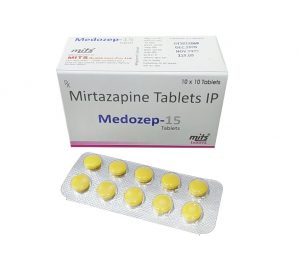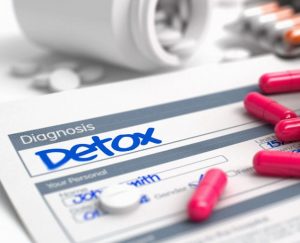
What Medication Is Best For Ritalin Addiction Treatment
Addiction treatment for Ritalin, a stimulant used to treat individuals with Attention Deficit Hyperactivity Disorder (ADHD), remains to have limited studies when it comes to medication.
As a Schedule II controlled drug, Ritalin is commonly abused for the desire to lose weight, enjoy euphoria, and increase levels of alertness to gain academic or physical achievement.
A unique quality of Ritalin addiction is the presence of strong cravings which could persist for 6 months or up to a year, unlike other substances whose cravings only come in unexpected times right after treatment.
The FDA has not yet approved any drugs for the treatment of Ritalin addiction. Most rehab centers resort to offering various therapy sessions to cater to the different needs of patients. The main target is to control the cravings which cause relapse.
During detox, the onset of withdrawal symptoms could also be intense; however, this painful condition could be limited by following a taper program. A few prescriptions may be given to relieve patients from certain symptoms such as headache and nausea.
Potential Medicines for Ritalin Addiction
Few studies have proven that the following substances can aid during withdrawal management for stimulants such as Ritalin. However, these studies remain limited.
Modafinil
 This is a Schedule IV controlled drug used to increase a person’s state of wakefulness. It is a remedy for sleeping disorders such as narcolepsy.
This is a Schedule IV controlled drug used to increase a person’s state of wakefulness. It is a remedy for sleeping disorders such as narcolepsy.
The potential of the drug is relevant in managing the withdrawal syndrome from stimulants such as Ritalin. Particularly, it helps relieve sleeping problems and lethargy which can occur during withdrawal.
Evidence has shown that the drug could effectively control cravings for Ritalin during treatment. It could serve as a substitute drug considering that it is less addictive compared to Ritalin.
However, experts continue to express how these studies require further tests to prove that the drug is safe and effective when associated with addiction treatments. They also emphasize that Modafinil may serve as an adjunctive medication only.
Mirtazapine
 This is a non-controlled drug that has also shown a promising impact when it comes to limiting the cravings for addictive substances such as Ritalin.
This is a non-controlled drug that has also shown a promising impact when it comes to limiting the cravings for addictive substances such as Ritalin.
As an antidepressant, Mirtazapine works by ensuring that neurotransmitters are all functioning together smoothly in the brain. In other words, these levels are kept in balance by the drug.
As a result, individuals feel comfort and lightness from within and an overall positive disposition. There are multiple other mental health illnesses that the drug has shown a great potential to overcome.
Despite these advantages, prolonged use of Mirtazapine may cause physical dependence, which can also lead to addiction. Withdrawal symptoms may even include extreme depression which can entice suicidal thoughts.
Overall, studies remain limited when it comes to the safety and efficacy of using the drug for Ritalin addiction treatment, although the way it acts on the brain is a really promising sign that it may work.
How is Ritalin Addiction Treated
The aid of medical professionals during treatment is really important since the outcomes of abstaining from the drug could uncertainly be complex especially when the person has already reached a severe level of addiction.
Patients suffering from ADHD and at the same time, Ritalin addiction are also extremely vulnerable to experiencing complications during withdrawal. With medical care, treatment can guarantee their safety in the process.
Detoxification
 Detox is always the initial phase in treatment. Detoxing from Ritalin abruptly may disrupt the normal condition of the heart and the blood pressure, and this can be fatal, especially to those with underlying physical illnesses.
Detox is always the initial phase in treatment. Detoxing from Ritalin abruptly may disrupt the normal condition of the heart and the blood pressure, and this can be fatal, especially to those with underlying physical illnesses.
Withdrawal symptoms from Ritalin include lethargy and depression. Intense mood swings and anxiety also count. Some may feel nauseous and incapable of sleeping well. Others may also manifest a lack of focus and hyperactivity.
Physicians may prescribe patients certain medicines to alleviate these symptoms. Sleep aids can be given to get quality sleep and antidepressant or anti-anxiety drugs can be prescribed to control strong episodes of depression and anxiety.
Strattera, a non-addictive medication approved by the FDA to treat ADHD, can also be a good substitute for Ritalin during the withdrawal of patients with ADHD. Although it is an effective medication, it may take more than a month to feel its significant effects.
Overall, the key to successful detox from Ritalin is to follow a taper program. This way, withdrawal symptoms are prevented from surging intensely. It is important to rely on medical advice when it comes to adjusting one’s doses.
Therapy Sessions
Therapy sessions are the most essential means to overcome addiction and maintain sobriety. Getting into inpatient or outpatient care ensures that abstinence from the drug is intact. This is important since it entails a reset in treatment when one falls into relapse.
Fighting off strong cravings is what makes Ritalin addiction treatment challenging. Unlike other substances, cravings can persist as soon as one ceases to take the drug. Engaging actively in therapy helps patients build skills that allow them to overcome these cravings.
The goal is to really help them clearly identify their triggers to addiction and then evaluate the possible actions that can be done to prevent them. Other forms of therapies also aim to resolve conflicts within the family since this can also be a potential cause for triggers.
Therapy sessions must progress even after formal treatment in a rehab facility. Recovery meetings are proven to be of great help to support a patient who is transitioning from a scheduled routine to a more independent schedule.
Studies reveal that a patient is more vulnerable to relapse during the first few days after their formal treatment. This is the reason why it is never a good idea to undermine the essence of engaging in group therapy sessions.
Group therapy involves a fellowship of individuals who have fallen into substance addiction. Members of the group commit to guiding each other to keep themselves on track towards full recovery. It is also a great venue to fully understand addiction from different perspectives.
Get Immediate Help Today!
We understand how challenging it is to overcome addiction, but it’s never impossible to be sober. You need to accept your weakness and embrace the need for medical help. Get a prescribed medication from a licensed doctor. If you have other queries, feel free to reach out.